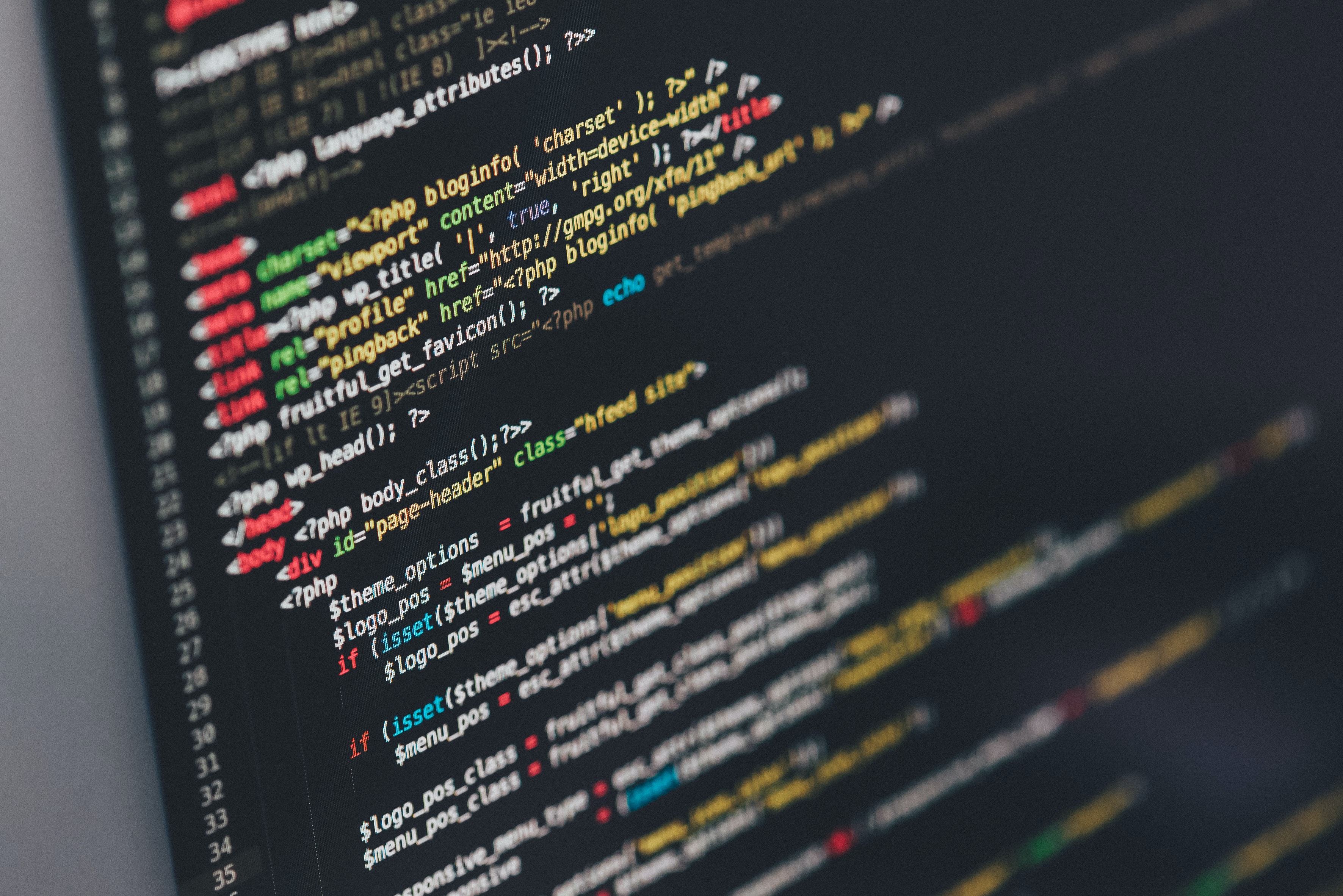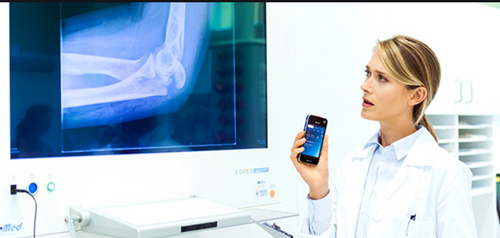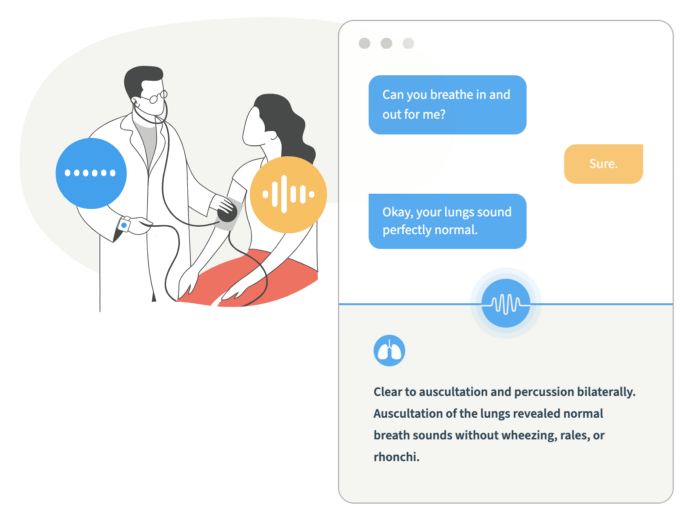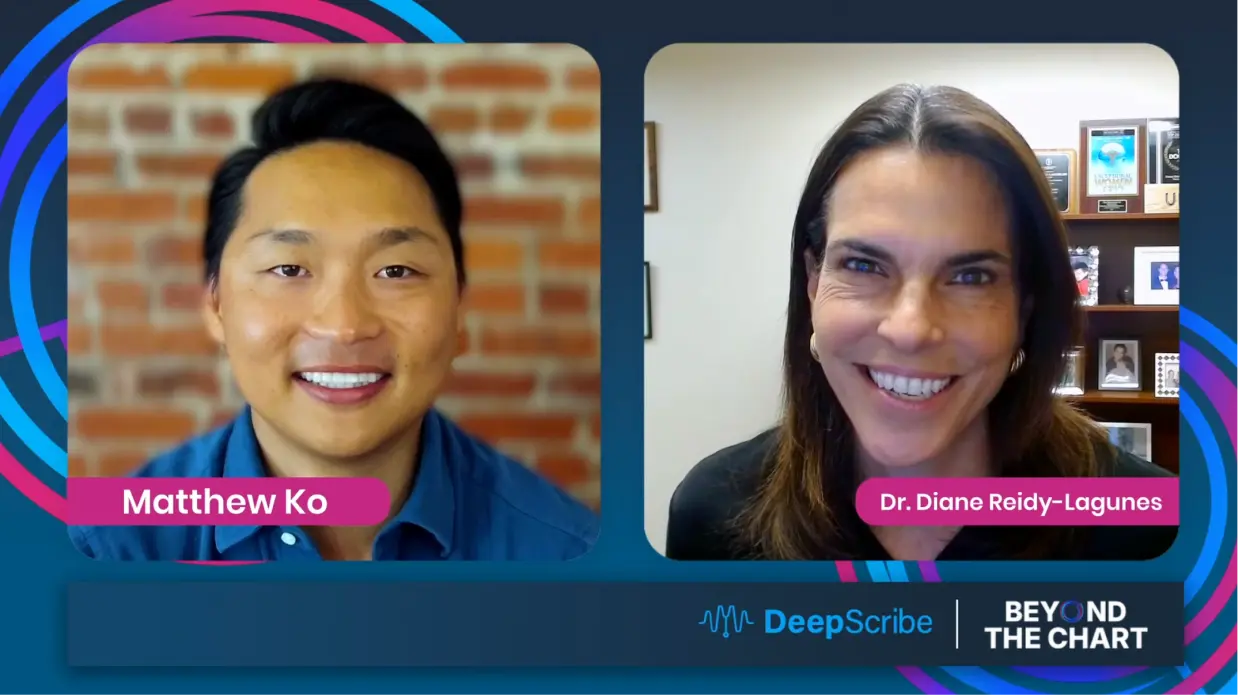Voice Recognition Software in Healthcare
In the last 15 years we have seen significant strides in voice recognition software that we consider to be the keys to the future. These advancements will allow voice recognition software to penetrate more specialized industries, specifically healthcare, which we believe will be totally transformed by the advent of highly advanced and reliable voice recognition software.


Voice Recognition Software in Healthcare
Voice recognition software has a long history that dates back to the mid 20th century. Yet, despite consistent advancements since then, its practical application has been slow to catch on and its scalability proven difficult. In the last 15 years, however, we have seen more significant strides, and a few different iterations of voice recognition software in healthcare whose technological principles we consider to be the keys to the future.
These advancements will allow voice recognition software to penetrate more specialized industries, specifically healthcare, which we believe will be totally transformed by the advent of highly advanced and reliable voice recognition software.
IBM Watson and Voice Recognition Software
From a more broad perspective, IBM Watson is a robust voice recognition software that uses pattern detection and natural language processing to analyze and understand speech, meaning, and syntax. The software has access to more than 90 servers and relies on millions of logic rules that it uses to provide a host of different machine learning services. Most commonly, it is used in a question and answer format, where the voice recognition software can analyze, interpret, tag, and classify different data sets.
This voice recognition software has become particularly applicable in the medical world, where it is being used to meet healthcare needs through world class data analytics solutions. In the clinical healthcare setting, IBM’s software is capable of interpreting medical language and recognizing conditions, which helps clinicians collect and classify data in a manner that is way more effective and fluid. Additionally, IBM Watson is fully customizable, allowing users to create their own models that can serve their needs with extreme accuracy.

Google Speech-to-Text Voice Recognition
Google’s speech to text voice recognition software is one of the most reliable and accurate dictation tools available. If you have a Google Home, you essentially use a watered down version of this software every day. Now, more robust applications of this technology are finding their way into different industries, where the advanced software can help alleviate clerical burdens.
In healthcare, this voice recognition software finds its value in its ability to handle multiple speakers, identify accents and different languages and transcribe them with extreme accuracy. Additionally, the algorithm is tunable and customizable, meaning it can adapt and address a host of different needs in the clinical setting.
Get the Free eBook: The Complete Guide to Medical Documentation Solutions
Natural Language Processing
Natural Language Processing is perhaps the most fascinating voice recognition software in the world. NLP takes a rules-based approach to interpreting natural human language by reading text, understanding spoken conversation, and gauging sentiment and intent. NLP voice recognition software relies on linguistic algorithms and machine learning to make sense of spoken and transcribed conversations and extract relevant information.
In healthcare, natural language processing voice recognition is extremely valuable because with an understanding of more nuanced natural language, it’s able to pick up on linguistic cues and log medically relevant information. One of the most valuable applications of NLP software is in transcribing clinical notes. With a tool that can understand natural conversations, clinician can focus more intently on patient care and asking the right questions, and let the technology handle the burdensome documentation work.

The Future is Here
At DeepScribe, we utilize existing voice recognition software, including our own, to provide an all-encompassing AI tool that totally transforms how care is provided. DeepScribe can ambiently listen to patient encounters, detect multiple speakers, extract medically relevant information into a complete note and deliver that note directly to your EHR.
DeepScribe brings the joy of care back to medicine by providing a reliable, affordable, and secure medical scribe solution that eliminates all of your documentation burdens.
text
Related Stories
Realize the full potential of Healthcare AI with DeepScribe
Explore how DeepScribe’s customizable ambient AI platform can help you save time, improve patient care, and maximize revenue.




